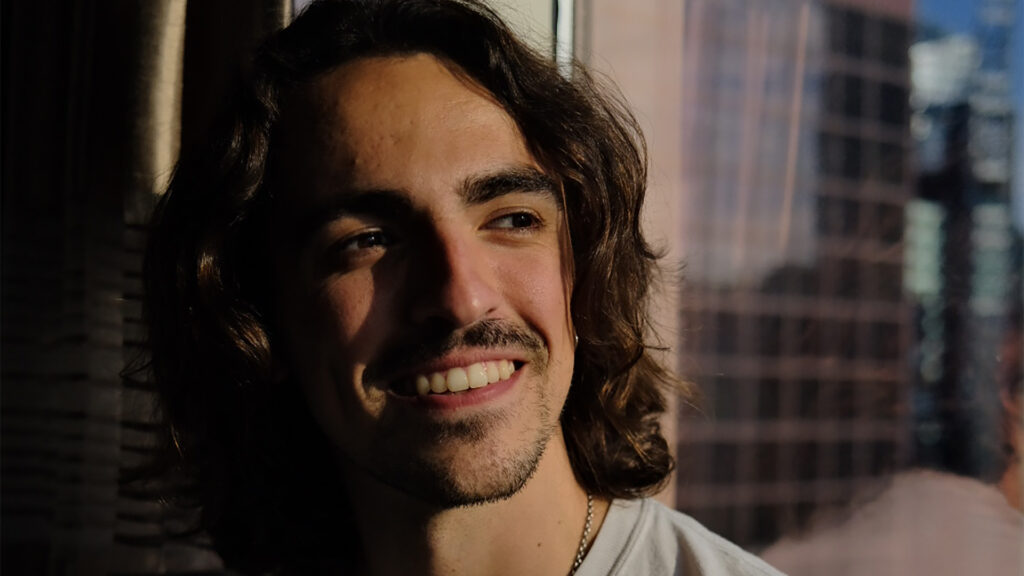Today marks the first day of Black History Month and the fifth edition of Medicine Monday. In this week’s profile, we are highlighting an initiative that sits squarely at the intersection of public health, mass incarceration and race: The Bard Prison Initiative (BPI) Public Health Program.
Although the deliberate imprisonment of Black Americans and other communities of color has roots stretching back as far as the Civil War, the unprecedented rise in Black incarceration rates can be largely attributed to the “tough on crime” policies of the 1970s, ‘80s and ‘90s. According to The Sentencing Project, one in three Black boys born today can expect to go to prison in his lifetime.
Given these statistics, mass incarceration is being increasingly identified as a public health issue. Believing that no one is more qualified to address these issues than those who are most affected by them, the BPI Public Health Program lays the groundwork for incarcerated individuals to pursue careers in public health.
The public health program begins with classes to develop an understanding of the field. Alumni then can participate in the BPI-Tow Public Health Fellowship, where they gain the skills needed to design and implement public health programs and receive support to expand their professional and academic networks. Each year, five to eight Fellows design and conduct original research and present to faculty and distinguished guests.
Now in its fifth year, the Fellowship uniquely positions BPI public health alumni to respond to a public health crisis that disproportionately harms incarcerated people and their communities. Five BPI alumni were hired by the NYC Health and Hospitals Corporation in May to serve as contract tracers for COVID-19, and many others continue to serve important roles in shaping the city’s response.

